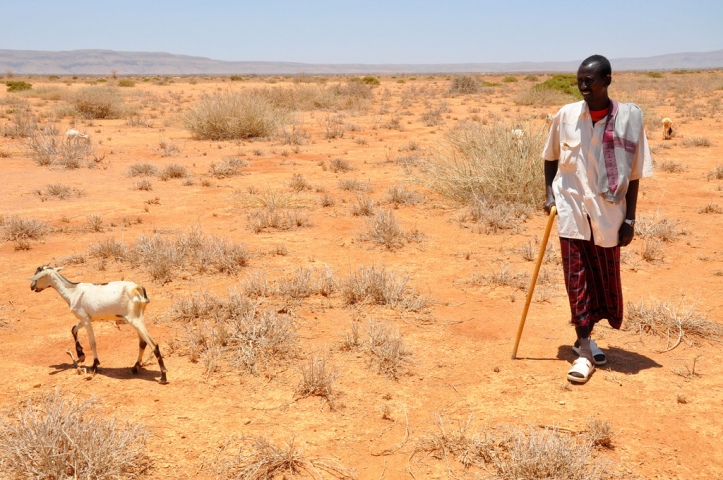EIB, CaixaBank to launch credit line to promote climate action-focused projects
The agreement signed by the two institutions aims to facilitate the financing of investments in climate change mitigation.

- Country:
- Spain
The European Investment Bank (EIB) and CaixaBank are taking another step forward to help finance climate action-focused projects together. Via the EIB's climate action programme, this partnership has enabled CaixaBank to launch a new credit line of up to EUR 30m to promote projects helping to combat climate change. For the first time, CaixaBank is allocating some of these EIB funds to financing the projects of individuals.
The agreement signed by the two institutions aims to facilitate the financing of investments in climate change mitigation. This line of EIB-CaixaBank eco loans targets individuals, the self-employed, SMEs, mid-caps and public sector bodies. The credit limit has been set at EUR 12.5m for SMEs and individuals, and a maximum of EUR 25m for mid-caps. The maturity period is between two and eight years, with the option to activate a 12-month grace period.
Support for renewable energy and financing for individuals
The EIB and CaixaBank also signed a second, EUR 35m operation to finance the Goya wind energy project, contributing to the construction of nine wind farms in Aragón with a total installed capacity of 303 MW. The EIB is helping to finance this project with another, EUR 50m loan granted to Spanish firm Forestalia Renovables under the Investment Plan for Europe in 2018.
With the EIB's assistance, CaixaBank will be able to dedicate EUR 65m to supporting environmentally friendly projects promoting the use of renewable energy, as well as those helping to renovate buildings (lighting, domestic appliances, heating, etc.) or purchase electric or hybrid vehicles (provided their CO2 emissions are below 75 g/km).
ALSO READ
Tech Transformation: Boosting Logistics for MSMEs
Kredily Helps MSMEs Navigate India's New Labor Codes with Free Payroll Solution
Bioenergy Emerges as Game-Changer for Industrial Decarbonisation: Centre Calls MSMEs to Lead India’s Green Heat Revolution
Bioenergy: Driving India's Clean Energy Revolution in MSMEs
India Extends Export Incentives to Boost Postal Exports and MSMEs










